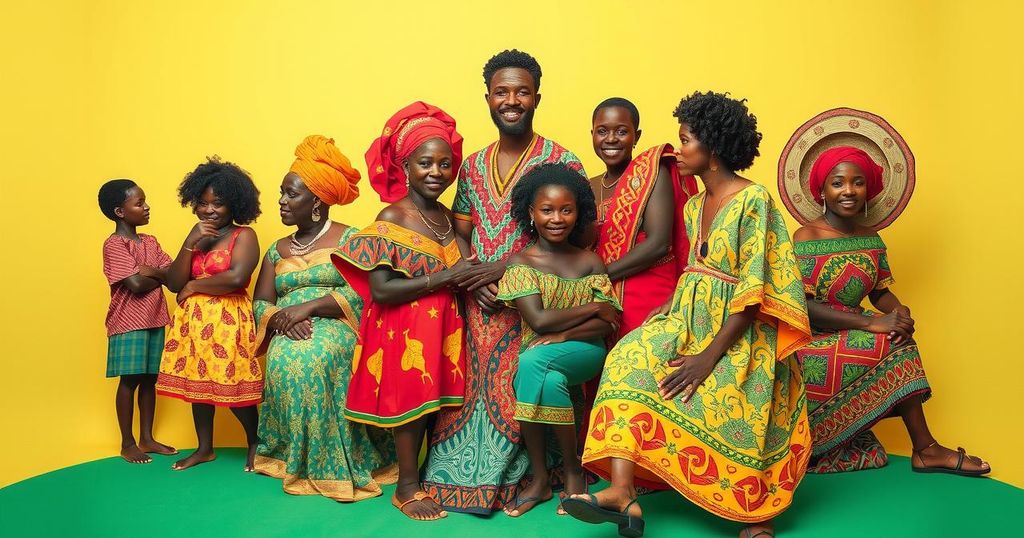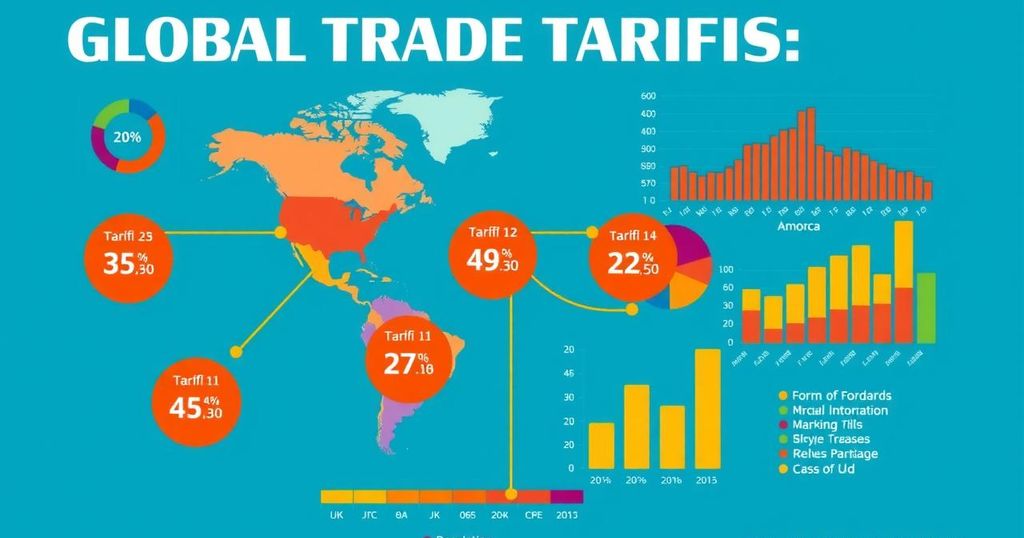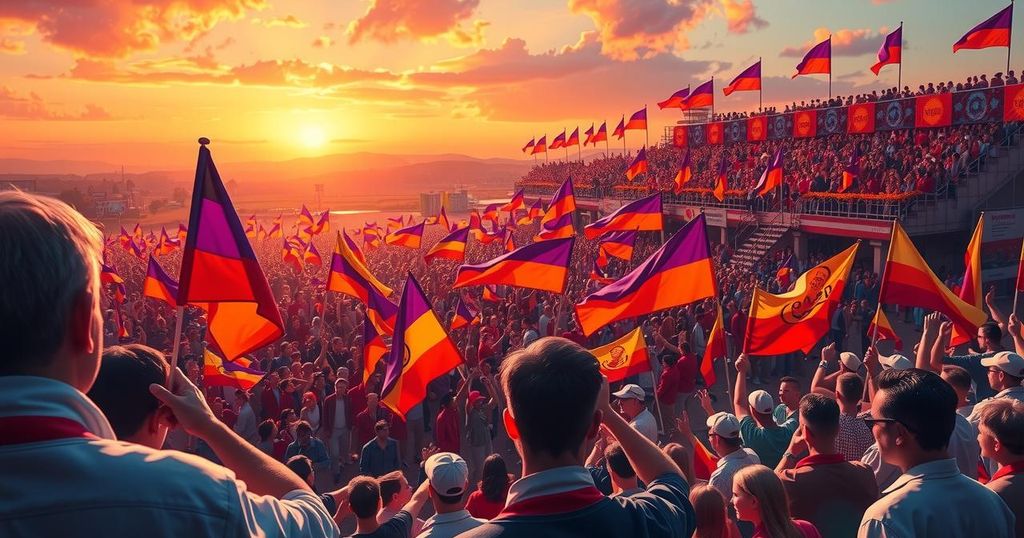The article discusses the increasing importance of ethnicity and religion in Ghana’s electoral landscape, particularly in the context of the 2024 elections. Key points include longstanding ethnic voting patterns, the rise of a Muslim presidential candidate, structural violence affecting minority groups, and recommendations for future political inclusivity and stability.
The 2024 elections are indicative of a transformative shift in Ghana’s electoral dynamics, where religion is becoming a prominent factor alongside ethnicity. This emerging trend may reshape political strategies, electoral behaviors, and the overall national cohesion as Ghana approaches future elections.
1. Longstanding Ethnic Voting Patterns:
Historically, ethnicity has profoundly influenced voter behavior in Ghana’s elections. The New Patriotic Party (NPP) has garnered significant support from the Akan-majority regions, notably Ashanti and Eastern, while the National Democratic Congress (NDC) has traditionally received backing from the Ewe-majority Volta Region and Northern Ghana, resulting in a segmentation of voter bases primarily along ethnic lines.
2. The Introduction of Religion as a Major Factor:
The candidacy of Dr. Mahamudu Bawumia as the first Muslim presidential candidate from a major party has shifted political considerations to include religious identities. Ghana’s population consists of approximately 71% Christians and 19% Muslims, and while there is a prevailing sense of religious tolerance, electoral choices are increasingly mirroring religious affiliations, as evidenced by nearly 800,000 voters abstaining in the 2024 elections due to concerns regarding religious influence.
3. Structural Violence in Electoral Politics:
Structural violence in Ghanaian elections manifests as systemic barriers that disadvantage minority religious and ethnic groups. Many minority factions feel politically marginalized, and resource allocations often favor dominant regions, exacerbating socio-economic disparities. Additionally, ethnic and religious narratives are frequently manipulated to influence voter behavior, creating divisive environments.
4. Potential Future Implications:
As Ghana moves forward, political parties may evolve their strategies to forge coalitions that transcend traditional ethnic loyalties, integrating religious factors into their campaign approaches. Future administrations will likely need to implement more inclusive policies addressing various regional and identity considerations to foster harmony amidst religious identity politics.
5. Recommendations for Stability and Inclusion:
To promote national cohesion, civic education focusing on policy-based rather than identity-based voting should be prioritized. Ensuring balanced representation in political appointments and resource distribution is essential. Furthermore, fostering dialogue between different religious and ethnic communities can help counteract divisive tendencies among the populace.
Ultimately, the 2024 elections herald a pivotal era in Ghana, where both ethnicity and religion are shaping electoral decisions. It is imperative to manage these influences prudently to uphold democratic stability and national unity.
To preserve its democratic integrity, Ghana must seek to depoliticize the issues of ethnicity and religion. By implementing strategic policies that promote national cohesion and equitable representation, there is the potential for reduced voter apathy and a more stable democracy.
Original Source: www.ghanaweb.com




